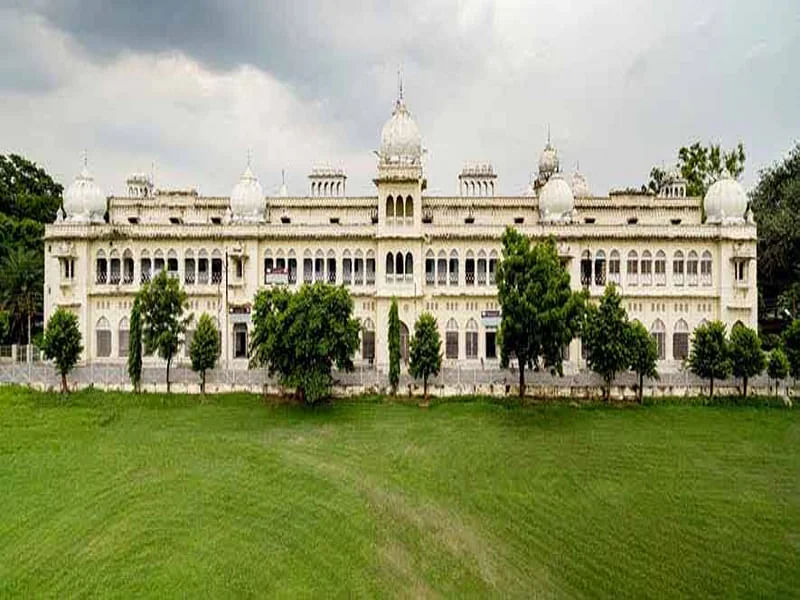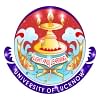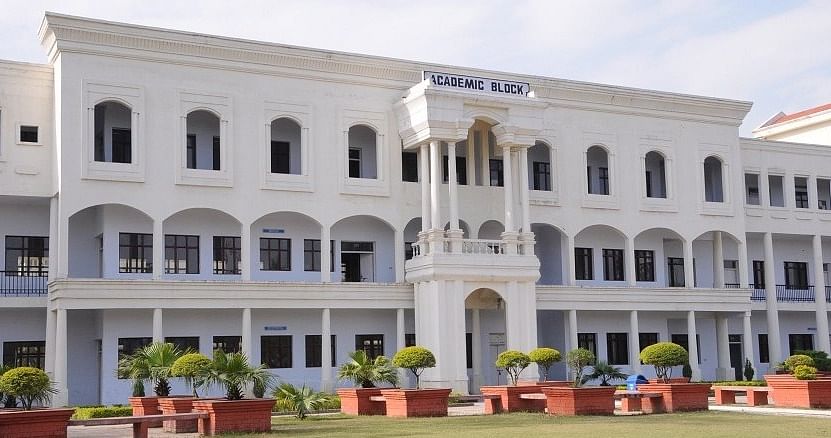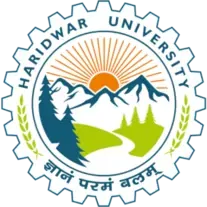M.Sc Pharmaceutical Chemistry Syllabus and Subjects

The M.Sc Pharmaceutical Chemistry course is divided into four semesters. The M.Sc Pharmaceutical Chemistry subjects are intended to provide students with a more in-depth understanding of molecular Pharmaceutical Chemistry and the components of mankind.
Semester Wise M.Sc Pharmaceutical Chemistry Syllabus
The discipline chosen by the candidate determines the topics for the M.Sc Pharmaceutical Chemistry. The M.Sc Pharmaceutical Chemistry course is primarily concerned with the problem-solving skills and studies of structures, design and implementation. M.Sc Pharmaceutical Chemistry courses teach students everything they need to know. The M.Sc Pharmaceutical Chemistry syllabus is listed below, semester by semester.
M.Sc Pharmaceutical Chemistry First Year Syllabus
The table below contains the list of M.Sc Pharmaceutical Chemistry subjects in the first year:
| Semester I | Semester II |
| Introduction to Pharmaceutical Chemistry | Population, evolutionary and quantitative Pharmaceutical Chemistry |
| Chromosome, Genes and Genomes | Bioinformatics and Biostatistics |
| Cell Biology | Regulation of Gene Expression |
| Molecular Biology | Recombinant DNA Technology |
| Experiments in Pharmaceutical Chemistry I (practical based on theory) | Experiments in Pharmaceutical Chemistry II (practical based on theory) |
| Pharmaceutical Chemistry in Crop Improvement and Human Health |
M.Sc Pharmaceutical Chemistry Second Year Syllabus
The table below contains the list of M.Sc Pharmaceutical Chemistry subjects in the Second year:
| Semester III | Semester IV |
| Microbial Pharmaceutical Chemistry | Developmental Biology and Immunology |
| Human Pharmaceutical Chemistry | Project Work |
| Plant Pharmaceutical Chemistry and Breeding | - |
| Plant Tissue Culture and Transgenic Technology | - |
| Experiments in Pharmaceutical Chemistry- III (practical based on theory) | - |
M.Sc Pharmaceutical Chemistry Subjects
M.Sc Pharmaceutical Chemistry topics are determined by the discipline chosen by the applicant. The core subjects provide the fundamental base necessary for the development of the subject. The electives offer a wide range of subjects to choose from, providing an exclusive knowledge base on matters required to solve managerial and accounting problems.
M.Sc Pharmaceutical Chemistry Core Subjects
The core M.Sc Pharmaceutical Chemistry subjects list contains essential subjects students study. Below is a list which is as follows:
- Introduction to Pharmaceutical Chemistry
- Chromosome, Genes and Genomes
- Cell and Molecular Biology
- Microbial and Human Pharmaceutical Chemistry
- Plant Pharmaceutical Chemistry and Breeding
- Plant Tissue Culture and Transgenic Technology
- Developmental Biology and Immunology
- Drosophila Pharmaceutical Chemistry
- Biology of Dictyostelium
- Cancer Biology and Pharmaceutical Chemistry
- Genetic Counseling
- Yeast Molecular Pharmaceutical Chemistry
- Biostatistics and Population Pharmaceutical Chemistry
- Plant Genetic Engineering
- Developmental Biology
- Pharmaceutical Chemistry of Bacteria and Their Viruses
- Fungal Pharmaceutical Chemistry
M.Sc Pharmaceutical Chemistry Elective Subjects
- Advances in Drosophila Pharmaceutical Chemistry
- Biology of Dictyostelium
- Cancer Biology and Pharmaceutical Chemistry
- Genetic Counseling
- Pharmaceutical Chemistry of Plant-Microbe Interactions
- Non-coding RNA Biology, Gene silencing and applications
- Yeast Molecular Pharmaceutical Chemistry
M.Sc Pharmaceutical Chemistry Course Structure
The M.Sc Pharmaceutical Chemistry course structure consists of core subjects. The course is a two-year-long course, along with topics and papers. Students are introduced to specific topics related to genetics. The course structure is:
- IV Semesters
- Core Subjects
- Practical sessions
- Assessment
M.Sc Pharmaceutical Chemistry Teaching Methodology and Techniques
M.Sc Pharmaceutical Chemistry education methods and techniques cover both traditional lecture-based education along with practical training. Students in traditional classrooms can ask and receive answers to their own questions.
The teaching methods and techniques used in this course are designed to give students access to all infrastructure and facilities that will be available to them once they complete this course. The following are some common teaching methods and strategies.
- Lectures
- Seminars
- Group Discussions
- Assessment
- Examination
- Practical Sessions
M.Sc Pharmaceutical Chemistry Course Projects
The discipline chosen by the candidate determines the topics for the M.Sc Pharmaceutical Chemistry. The M.Sc Pharmaceutical Chemistry curriculum is primarily concerned with the fundamentals of statistical problems and solutions. M.Sc Pharmaceutical Chemistry courses teach students everything they need to know.
- The 1000 Genomes Project. A catalogue of human variation.
- PalaeoPharmaceutical Chemistry
- Interactomes
- Phenomes
- DNA origami
M.Sc Pharmaceutical Chemistry Course Books
Books are a significant investment for students pursuing an M.Sc in Pharmaceutical Chemistry because they allow them to learn more about interesting subjects. The following are some of the most popular M.Sc Pharmaceutical Chemistry course books for students to choose from. Students can get reference books from the library, download them from the Internet, or buy them.
| Name of Book | Author |
| Molecular Biology And Pharmaceutical Chemistry | Sanjoy Das |
| Pharmaceutical Chemistry: Analysis and Principles | Robert Booker |
| Theory and Problems of Pharmaceutical Chemistry | Stansfield |

















